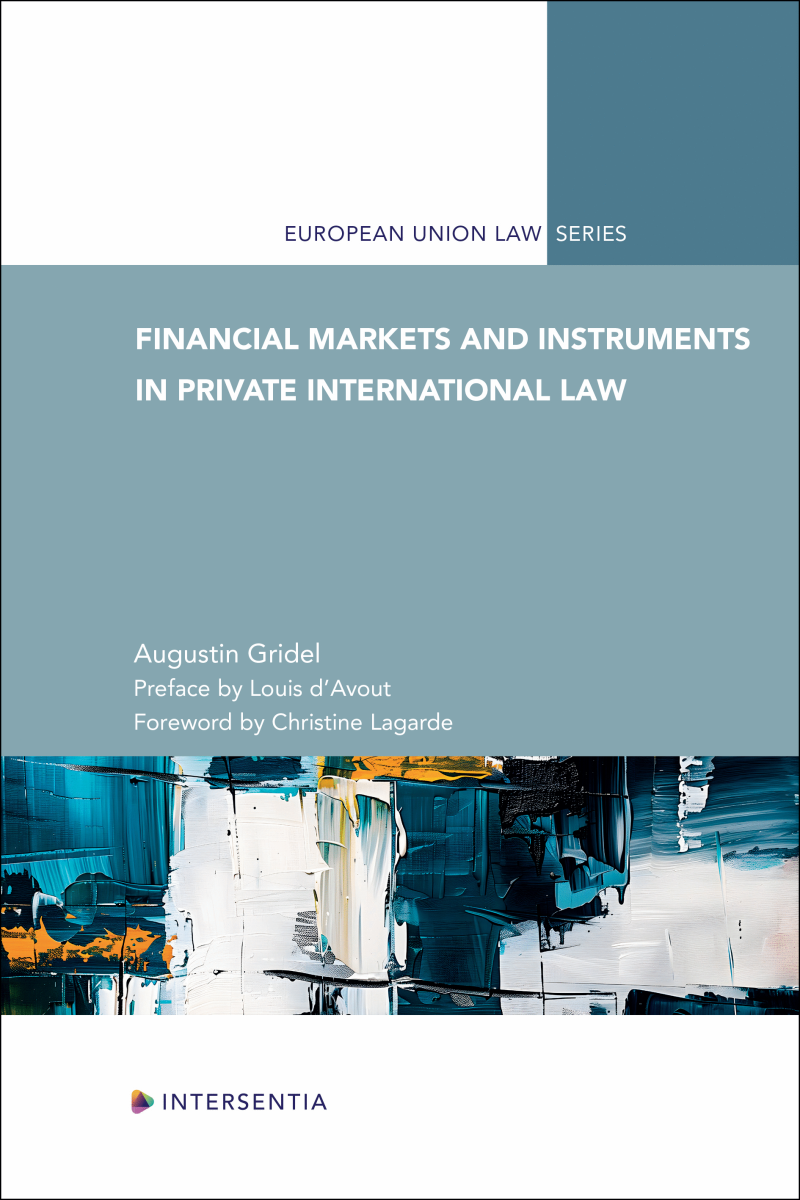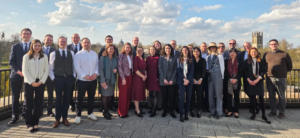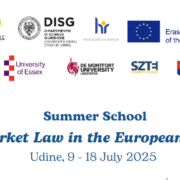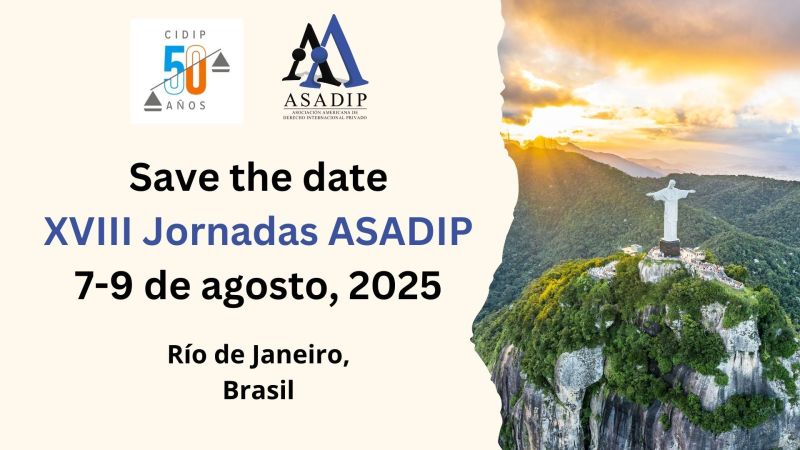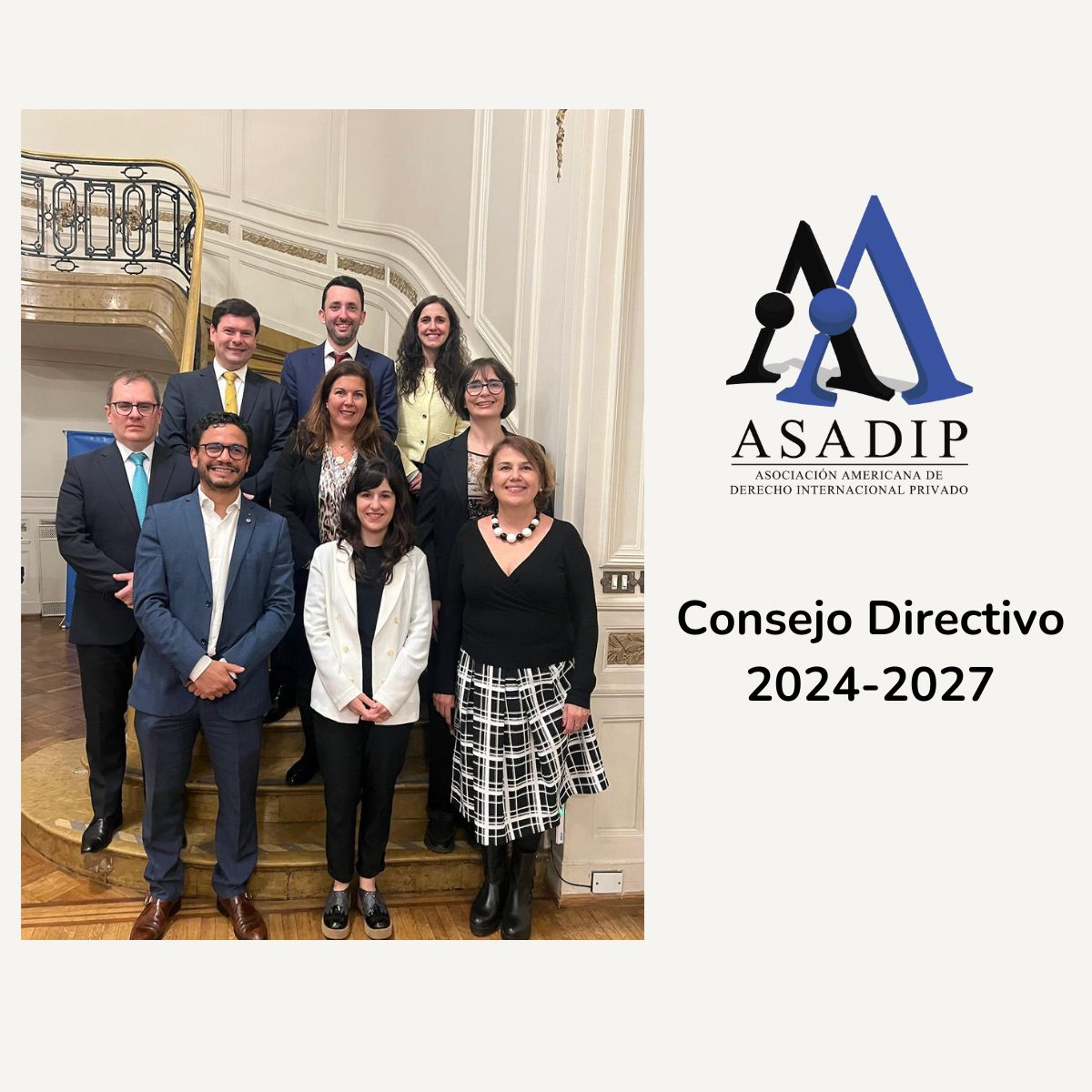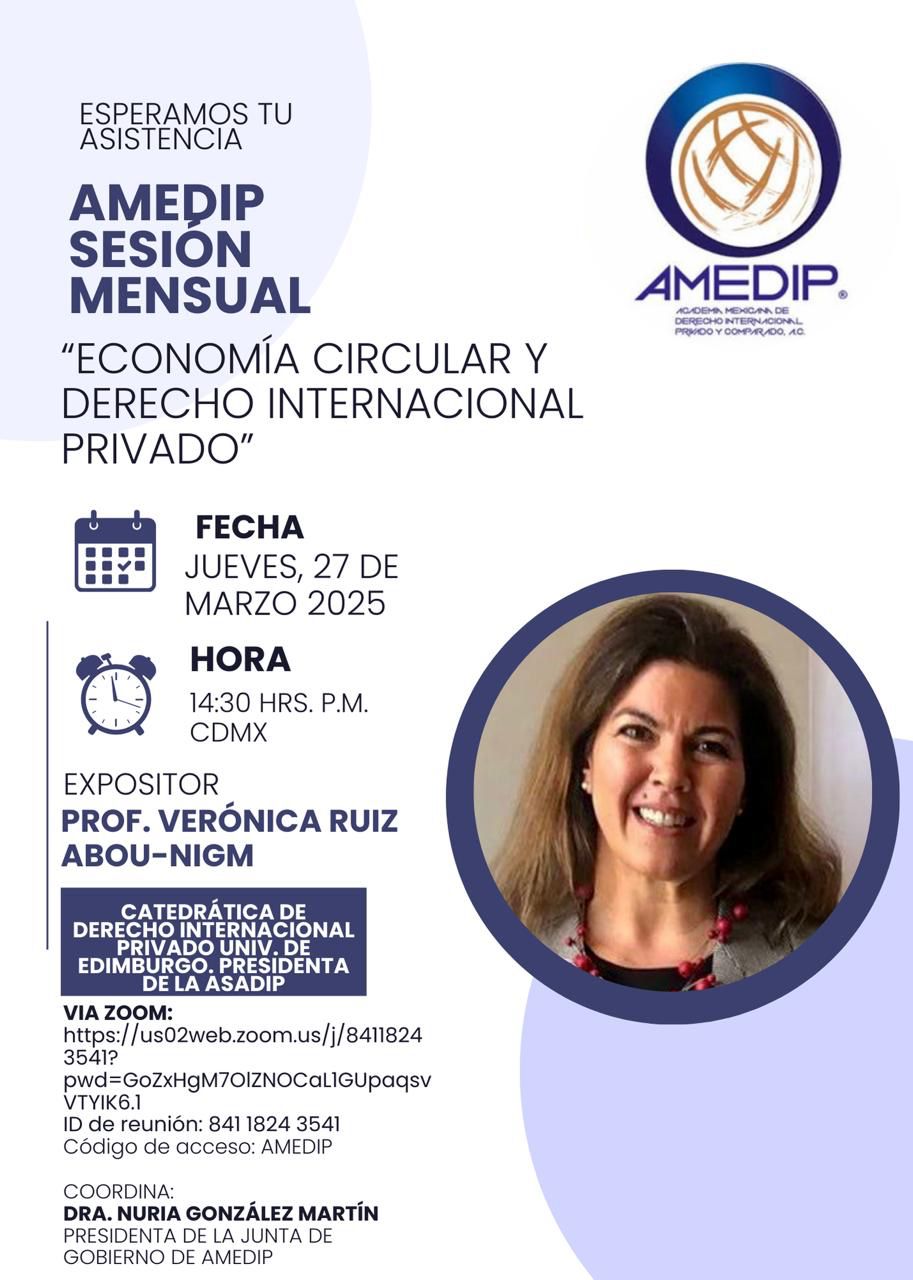Published on behalf of the IJI, Den Haag
In the heart of The Hague, a critical institution of international legal knowledge faces an existential threat. The International Juridical Institute (IJI) (translated in English to mean the Hague Institute for Private International Law), a venerable organization with a century-long history of providing essential legal guidance, stands on the brink of liquidation due to declining government support.
Founded in 1918 at the iconic Peace Palace, the IJI emerged as a unique global resource. Born in the aftermath of World War I, the institute was conceived as a “gift to the world” noble vision supported by leading businessmen, ministers, and statesmen. The IJI has been a beacon of legal expertise for over a hundred years, offering free and cost-effective advice in the complex realm of private international law. The institute’s current predicament is a stark testament to the fragility of specialized legal resources. Successive government cuts, culminating in eliminating the social advocacy subsidy scheme in 2019, have systematically undermined the IJI’s financial stability. What makes this situation particularly alarming is not just the potential loss of an institution but the broader implications for access to justice.
The IJI is not merely an archive of legal knowledge; it is a critical resource for individuals navigating complex international legal challenges. Many of these cases involve vulnerable populations, including children, who rely on expert guidance to traverse intricate cross-border legal landscapes.
Ironically, the government’s cost-cutting measures may ultimately prove counterproductive. The reduction in funded legal aid is likely to generate more protracted and expensive legal proceedings, potentially negating any initial savings.
The IJI is making a final, humble appeal: a modest annual subsidy of €260,000 to continue its vital work. This relatively small investment could ensure another century of legal expertise and maintain critical access to justice for countless individuals.
How You Can Help
The legal community and concerned citizens have a unique opportunity to make a difference:
- Sign the Petition: Visit the IJI petition page and add your name to support the institute’s continued existence.If you would like to support this cause, we would like to add your signature to the grant application. You can click on the next link: https://petities.nl/petitions/behoud-de-toegang-tot-het-recht-voor-iedereen?locale=de. This leads you to a website where you can sign very easily by giving your name (on the field ‘naam’), email address (on the field ‘emailadres’) and domicile (on the field ‘woonplaats’). You could also tick the box if you want your name visible on the list, if not, you remain anonymous. Please note that after signing, you will receive an email in which you are asked to confirm your signature by clicking on the provided link. Only after confirming, the signature will be registered.
- Spread Awareness: Share the IJI’s story within your professional networks and social circles.
- Contribute Ideas: Of course, we are also open to other ideas that can ensure that our wonderful institute can experience a second 100-year term. If you would like to exchange thoughts with us about this, please do send us an email to info@iji.nl and we will get in touch.
The potential loss of the IJI represents more than the closure of an institution. It symbolizes a potential erosion of specialized legal knowledge, international cooperation, and accessible justice.
As members of the legal community, we have a responsibility to support institutions that serve the broader public good. The IJI’s century of service is a testament to the power of dedicated legal expertise in bridging complex international legal challenges.
Together, we can help ensure that this invaluable resource continues to serve global legal needs for generations to come.
Thank you very much for your support!
